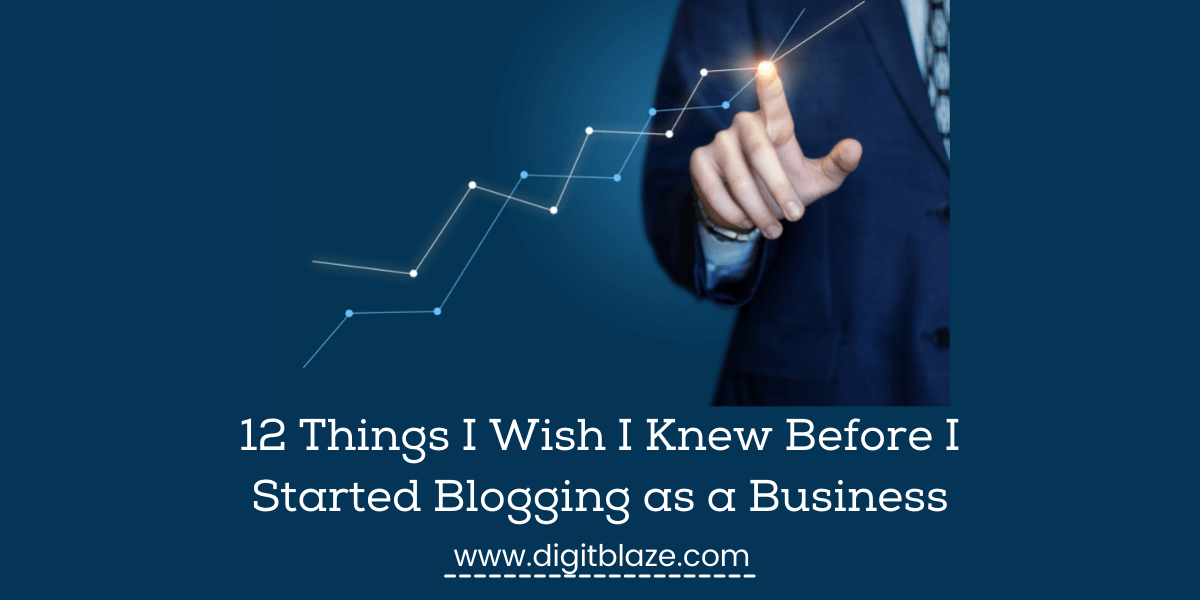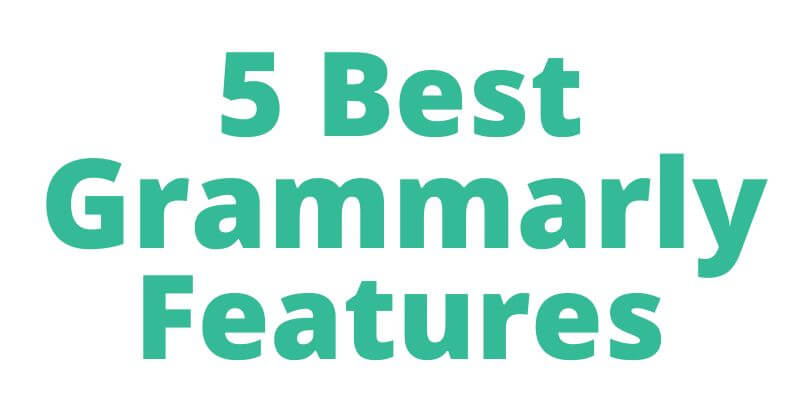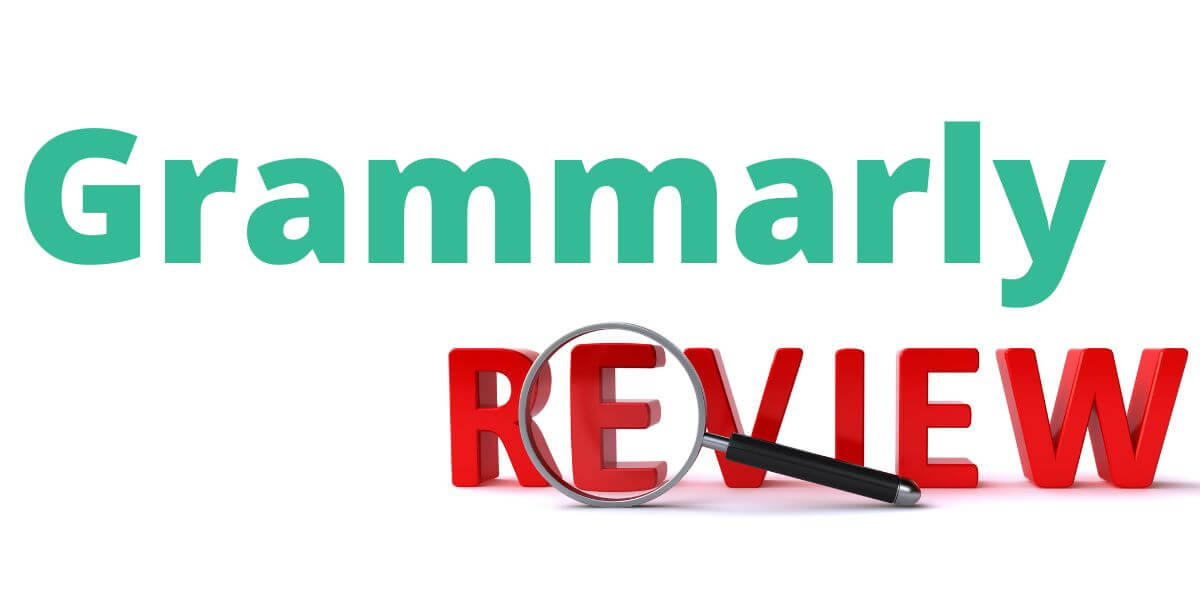Welcome to my blog,
Remember Failing is okay, but the important thing is to identify why have you failed? And what you can do to rectify it?
The same goes for the blogging business too,
There are some things that you need to know when you are starting blogging as a business.
You don’t always have to personally fail to learn from your mistakes, you can learn them from someone else’s mistakes/failures too.
In this article, I am going to tell you things that I wish I knew when I had started blogging as a business.
So without wasting time let’s dive into it.

What is Blogging as a Business? And Can you Make Money Blogging?
Blogging as a Business
Blogging as a business is researching, writing, and publishing online on your website on a specific niche in which you have proper knowledge that is going to solve someone’s problem, and then marketing it through various channels to monetize it eventually.
Can you make money with blogging?
The answer is YES.
You can make money with blogging but there is a catch here, many people think that it’s an easy passive income and can be achieved very easily in a very short period of time,
Well this is where everything goes wrong, blogging as a business takes time to show results like any other business
If you want to make money with blogging, understand these points
- Google is the biggest search engine and it takes a single blog post about 6 to 8 months to reach its full traffic capacity.
- Creating quality content that is helpful to people is very important to earn trust and create authority
- With Blogging as a business, you need to keep patience
12 things you should know when Starting Blogging Business
1. Take Action
When starting any business, taking rapid action is actually key to success.
You must be wondering why and how?
Well, whenever you plan to start a business the very first thing you do is start doing your research and talk to people for their expert opinion.
During this phase what happens is, you gather too much information which makes you feel overwhelmed,
To get over this feeling you take a little break of a few days and this is where the phase of not taking action begins.
I personally have been there so I can understand you, when I was first starting, I was involved so much in learning and researching that it overwhelmed me, I had become very reluctant to take action to implement.
Finally, when I gathered the courage to implement what I had learned, I got to know a very important thing, that learning and implementing are two different things.
When you actually start implementing you understand how things actually work.
When you start implementing you face actual practical problems and are forced to solve them, which leads you to grow practically.
This is why don’t waste too much time planning and waiting for that perfect time. Just learn, implement and fail fast, this is how you will actually get started.
Now to the question HOW?
- Don’t waste time on the domain name, finalize it fast
- Create a simple and fast website, don’t waste time making it fancy.
- Create logos and related designs in canva.
- Make a list of thirty post topics in your excel
- Start creating your content.
- Post these 30 posts on your site
- Start doing guest posting
- After posting 30 posts, now start thinking about affiliate programs.
2. Niche Money and Passion
When doing blogging as a business it is very important for you to strike the balance between your passion for the niche and the money potential from the niche.
When getting started most people get suggestions that, start a blog about a topic that you are passionate about.
This is by far the worst possible advice anyone can get when it comes to blogging as a business.
The very first thing that you need to establish is you are doing this as a Business, so the money aspect becomes very important.
Just to clarify furthermore,
Blogging is a long term business and doesn’t happen overnight, now imagine you have started a blog on a niche that you are passionate about and has written a hundred posts about it and then you understand there is no money in this niche
That doesn’t sound good right?
Hence, you need to strike the balance between the two.
To identify the money potential of any niche you just need to answer these two questions
- Are people searching for queries, products, information related to the niche in search engines?
- Find money making channels for the niche
Read this article where I have answered these questions thoroughly
3. You Need to Plan Content
Once you are done with finding a proper niche that fits your narrative, you need to plan out what and how exactly are you going to do this?
As in creating a road map for yourself for at least one year.
Let’s understand How?
The first thing you do is start doing keyword research and make a list of blog topics that you can write throughout the year.
You can use google suggestions, google trends, google keyword planner to find blog topic ideas.
You need to make the list of topics as per the following categories
- How to – These are informative types of posts, writing such posts establishes the trust and your authority
- Listicles – These types of posts have affiliate narrative>> eg The best food for guard dogs, top 10 guard dog food, etc,
- Comparisons – These are also affiliate posts where you make honest comparisons between affiliate products.
- Checklists – These are helpful posts where you give pointers on a particular topic.
Make a list of at least 50 to 100 blog topics falling into these categories.
Doing this before starting will overall speed up your blogging journey, as in now you can write fast, post fast and get into the search engine algorithm fast.
To learn about keyword research read this article
4. Outsourcing
The early phase
As with any other business, outsourcing is very important when you to want to scale your blog.
There are a few things that you need to understand when outsourcing and
the very first thing you need to understand is don’t start outsourcing right away when you are just starting, especially if it is your first blog.
What I like to do in the starting phase is, write at least 30 helpful long-form posts in the niche,
By doing this you understand what type of long-form content is getting traffic and how people are actually receiving your content.
During this phase, you understand what should be your content strategy.
Outsourcing Phase
Just like any other business, first, you need to understand what are the different types of work that you can outsource to scale your blog?
- Content Writers
- SEO experts
- Link Building specialist
Let’s take look at each point.
Content Writers
Why do you need to hire content writers?
While writing the first 30 helpful long-form posts, you yourself will get this answer. To produce one single high-quality post takes immense time, research, and effort.
For 1000 words it takes 3 to 4 hours of writing and researching, and if you want to write an article of 3000 to 5000 words it would take around 10 to 18 hours, and that is a lot of time.
For your blog to scale it at least needs around hundred posts on the site, now imagine how much time and effort
How to Find Content Writers?
Finding a good content writer takes time, it is a trial and error method. It would take you some time to settle down on two-three writers.
There are three types of content writers in the market, a beginner charging $0.01 to $0.03$per word, then an intermediate charging $0.03 to $0.06, then come the experts charging from $0.07 to $0.10.
If you have the budget then go for the expert writers, you won’t regret it,
but what I personally like to do is, do the trial and error method with the intermediate ones as they are the ones who aspire to become the expert in future.
Guidelines Points when getting content from the writers
- Your Focused Keyword
- The main title of the article
- Your desired word count for the post
- All the Main Subheadings (H2) that you want
- Some articles for reference
SEO Experts
Doing SEO is very important for your blog as this is how you increase your organic reach.
When getting started learning On-Page SEO is enough, but when you start scaling your blog you need to do both On-Page and Off-Page SEO.
There are many variables in SEO that you need to work on when you want to scale, of which some are pretty difficult like technical SEO, and should be outsourced to an expert.
Guidelines to hire an SEO expert
- Look for someone who has proven results
- Talk to them about your expectations
- Make a list of questions to ask them about their SEO results
- Ask them their current and past clients
- What strategies would they implement to get your site ranked
- Discuss the payment structure
Link building specialist
Getting high-quality links to your blog is one of the factors to rank in google. Getting these links is one of the toughest jobs when scaling your blog.
Hiring people who are solely dedicated to bringing high-quality links to your blog will accelerate the ranking of your blog.
Points to discuss with a Link building specialist
- Their experience in the field
- Their past and present clients
- Their past results
- Their strategies to get links
- How are they going to reach out to other bloggers, site owners to get high-quality links?
- Payment structure.
5. Learning about On-Page SEO
Right from the beginning when getting started it is very important for you to learn about On-Page SEO before you start with Off-Page SEO.
When I had started I literally ignored this part of SEO which is actually the first step towards scaling your blog with SEO.
I have learned this the hard way, that posting unstructured content will never get ranked, engagement and traffic, even if you post 100 such articles.
On-Page SEO is a proper structure that helps both googles to crawl and understand what the content is all about so that it can index it,
And then the reader as it improves the overall on-page experience.
To learn about ON-Page SEO read this Article
All you need to know about ON-Page SEO
6. Investment
Do not fall for all those fake gurus all over the internet who say you don’t need any investment to get started with a blogging business.
Yes, you do need money to get started and later you do need money to scale your blog.
Early Phase Investment
No business in the world can grow without putting investment in it; the difference is just the scale of the amount.
Small business requires a small investment and large business requires large investments.
Blogging is no different, when I was just getting started and was doing my research many fake gurus had painted a fantasy picture for me, like with zero investment earn up to $1000 per week.
This is simply not possible and if you ever come across such a statement just run away.
Blogging Investment early stage
- Some courses to learn technical aspects or how to get started
- Domain name
- Hosting platform
- email autoresponder
- Some must-have tools ex. Landing page tools
- Templates and themes if necessary
Scaling Phase Investment
This is very obvious that you need money to invest when scaling, but what I want to tell you is, to plan your scaling stage when you start your blogging business right away, as in at what stage you would plan to scale.
This will allow you to plan your finances accordingly, because when scaling there many variables that you would need to consider.
Scaling Phase Investments
- Marketing – Facebook ads, Google ads, etc
- Content writers
- SEO expert
- Link building specialists
- Web Designers
- Content managers
- Tools that would ease your job
7. When to Monetize Your Blog
Do not monetize your blog right away when getting started, I had made that mistake.
Trying to monetize your blog right away when getting started is only going to demotivate you as you are not going to make money due to no traffic to your site.
The first thing that you need to understand is, blogging is not get rich quick scheme.
It is a slow process and if your treat it as a proper business you will be able to make good money from it.
Basically, to monetize first you need to understand the phases of your blog, this is how I approach monetization
- First 3 months – Post 30 long-form high-quality posts to start building authority and trust.
- Month 3 to 6 – Start building links, guest posting, and create some lead magnet to get started with your email list.
- Month 6 to 9 – by this time you will start seeing good traffic to your site, so start joining affiliate programs and add links to your posts.
- Month 9 to 12 – Aim to have at least 100 posts on your site by this time, and get aggressive with affiliate marketing and Ad revenue.
- After 1 year – Make strategy 2.0 for your site, create a team and diversify your income channels,
8. Guest Posting
What is Guest Posting?
Guest Posting is writing high-quality helpful content in your niche for a company or website of your niche to attract the traffic to your site from their site.
In my opinion guest posting is one of the best early-stage Off-page SEO tactics.
When doing guest posting you need to make sure that the content you create is high quality and would be helpful to the readers on their website as this is what is going to help you make new relationships in the business.
In the second phase of your site after getting started, focus on guest posting as this will help you to improve your Domain Authority, get some backlinks, new organic traffic, and will also help you to build your authority and trust.
9. Building Email List
Let me be honest here, this is one of the most difficult parts when getting started ‘to get people to sign in for your list’, at least this is what my experience was when I was getting started.
Now with time after gaining a lot of experience I feel, I was just lacking proper knowledge about email marketing.
Building a list is a slow process so you have to keep patience when building.
Don’t add signup forms in the first three months of your blog as no one is going to sign up for it.
Follow these steps
- Save money and go for Mailchimp as your first autoresponder.
- Add your forms after you have posted thirty long-form high-quality posts to your site
- Create a good lead magnet so that people will take action to signup for your list.
- Create a form on the Home page, about page, and a pop-in form. This increases the chance of a conversion.
Once you have built a list with an adequate number of subscribers start pitching them good products and send them updates of your latest posts.
There’s a lot to email marketing, to learn more read this article
10. Quality over Quantity
During the research phase when I was getting started, I had read everywhere that you need to post a lot of blog posts in the first six months of your blog,
Well let me tell you one thing, many people actually misunderstand this statement and I was one of them.
You do have to post a good amount of posts on your site so that Google takes notice of your site, but they need to be high quality.
Just to fulfill the number, posting a lot of low-quality content to your site is actually going to hamper your site the wrong way.
So make sure you plan, research, and make a list of the topics and create high-quality content,
Let it be a little slow but make sure it is high quality.
11. Time Management
If you have a full-time job and have started a blog and want to treat it as a proper business you will have to be very productive with your time management.
Create a proper working system for yourself that would work in automation with time in the future.
Follow these points to manage your time so that you can grow your blog even if you’re having a full-time job.
- Figure out your exact need for sleep hours to hit the sweet spot of high productivity.
- Schedule your research and writing time, early mornings work well as your brain is fresh and can think fast.
- Create a proper weekly task list and follow them.
- Stay away from distractions like social media when working
- Associate your hourly value like $50, so let’s suppose if you waste 1 hour then you are wasting $100. This is called valuing your own time.
- Use tools that would ease your job.
12. Don’t be a Perfectionist
In my opinion, when a person tries to be a perfectionist they actually become very reluctant to take action at every stage as they always feel the work is not up to mark.
I was also this person, it took me literally 3 months to post my first blog on my first website.
This nature actually slows down your progress due to slow actions.
What I want to tell you is, don’t try to become a perfectionist because with time you learn to execute everything in a better way than what you had started with.
To give you an example,
The iPhone which you see now has a far greater optimized operating system than with what it was introduced.
Once you take action, it’s in human nature to constantly optimize things.
So when it comes to blogging it works in the same way,
once you start actually implementing tasks like writing, researching editing, etc compare your work after six months,
you will be doing each task far better than your initial work.
Final Thoughts
These are the 12 things I wish I had known when I was just starting my blogging business.
See, it’s okay to fail, there is no shame in it but what you need to do is identify why and how you failed and rectify it as early as possible.
I hope you found this article helpful.
Read These Articles If You Want to Learn More>>>
How to Start Blog and Make Money?




